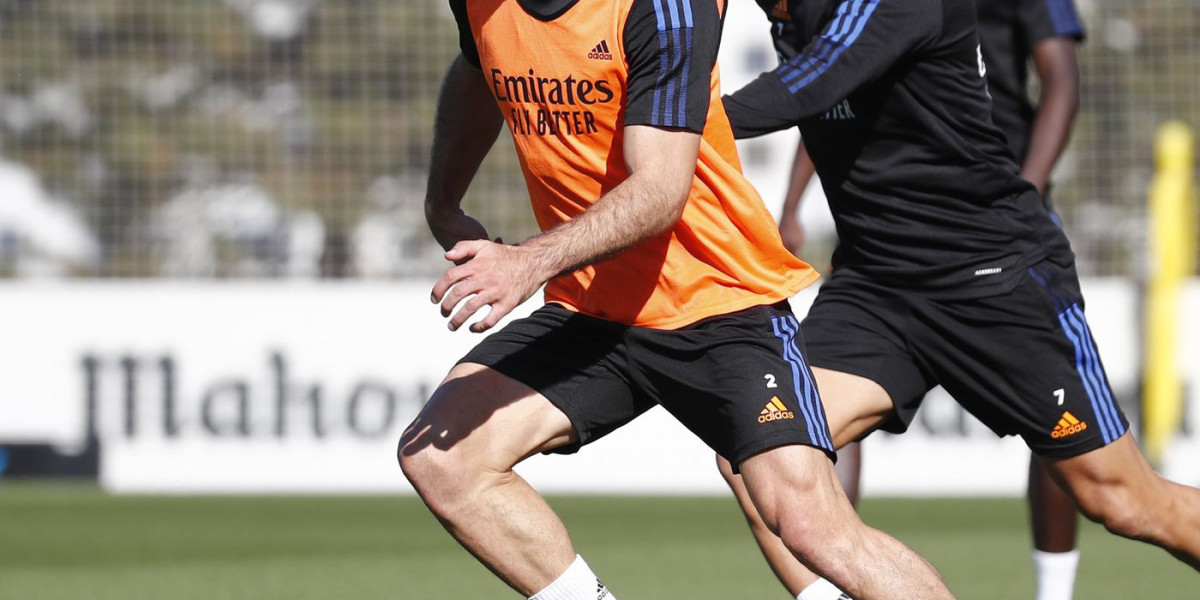Soccer has always been more than just a sport—it’s a pathway to discipline, teamwork, and personal growth. In 2025, elite soccer training programs have become the gold standard for ambitious players aiming to reach the highest levels. Whether your goal is a college scholarship, a professional contract, or simply unlocking your full potential, understanding how these programs work is key.
What Is Elite Soccer Training in 2025?
At its core, elite soccer training is a highly structured and individualized approach designed to push players beyond traditional team practices. Unlike recreational or school-level sessions, these programs focus on:
Advanced technical skills (first touch, passing precision, ball mastery).
Tactical intelligence (positioning, decision-making, game awareness).
Peak physical conditioning (strength, agility, and endurance).
Mental toughness (resilience, confidence, leadership).
An elite soccer training program blends cutting-edge sports science with proven coaching methods, ensuring athletes are prepared for the pace, physicality, and demands of modern soccer.
Why Elite Soccer Training Matters
1. The Game Has Evolved
Soccer in 2025 is faster and more competitive than ever. Players need quicker reactions, sharper technical skills, and deeper tactical awareness.
2. College & Pro Pathways Are Demanding
For those targeting college recruitment or professional academies, being “good” is no longer enough. Coaches expect athletes to stand out with polished skills and exceptional fitness.
3. Injury Prevention & Longevity
Elite training programs emphasize biomechanics, recovery, and injury prevention, helping players extend their playing careers.
Key Features of an Elite Soccer Training Program
1. Personalized Player Development Plans
Every player has unique strengths and weaknesses. Programs assess athletes through video analysis, fitness testing, and skill evaluations, then design tailored plans.
2. Sports Science Integration
Modern programs use GPS trackers, heart-rate monitoring, and data analytics to measure workload and prevent overtraining.
3. Small-Group or 1-on-1 Coaching
Unlike traditional large team practices, elite sessions often focus on small groups or individual coaching for maximum player attention.
4. Nutrition & Recovery Support
Athletes learn how diet, hydration, and sleep affect performance. Recovery strategies like cryotherapy and mobility routines are also integrated.
5. Game Intelligence Training
Film study, tactical breakdowns, and scenario-based drills prepare players to think two steps ahead during matches.
Elite Soccer Training for Different Age Groups
Youth Players (Ages 8–12)
Focus on technical mastery and love for the game.
Light strength and conditioning to build athletic foundations.
Fun, engaging drills to keep motivation high.
Teen Players (Ages 13–18)
Increased emphasis on strength, speed, and tactical awareness.
College showcase preparation and exposure to scouts.
Mental resilience training for pressure situations.
Advanced & Professional Players
Position-specific development (defenders, midfielders, strikers).
High-intensity drills simulating game speed.
Recovery and injury-prevention protocols for long-term success.
How Parents Can Support the Journey
For parents, elite training can feel like a big commitment—both financially and in terms of time. But support goes beyond logistics:
Encourage balance: School, social life, and rest matter as much as training.
Provide healthy meals: Nutrition is a performance driver.
Be patient: Progress takes time, and growth may not always be linear.
Choose the right program: Not all training is equal—look for certified coaches and proven track records.
Finding the Right Elite Soccer Training Program
When evaluating options in 2025, consider:
Coaching Credentials – Are they licensed with proven player development experience?
Facilities & Technology – Do they use performance-tracking tools and modern recovery equipment?
Success Stories – Have previous players earned college scholarships or pro contracts?
Player-to-Coach Ratio – Smaller groups often mean better attention.
Common Myths About Elite Soccer Training
It’s only for professionals.
False—programs exist for all levels, starting with young athletes.Talent alone is enough.
Wrong—work ethic, mindset, and structured training matter just as much.It’s too intense for kids.
Not true—good programs adjust difficulty to the player’s age and stage of development.
Conclusion:
For dedicated players in 2025, the answer is clear—yes. An elite soccer training program provides more than just better skills; it builds character, resilience, and long-term opportunities. For parents, it’s an investment in a child’s athletic and personal growth.







